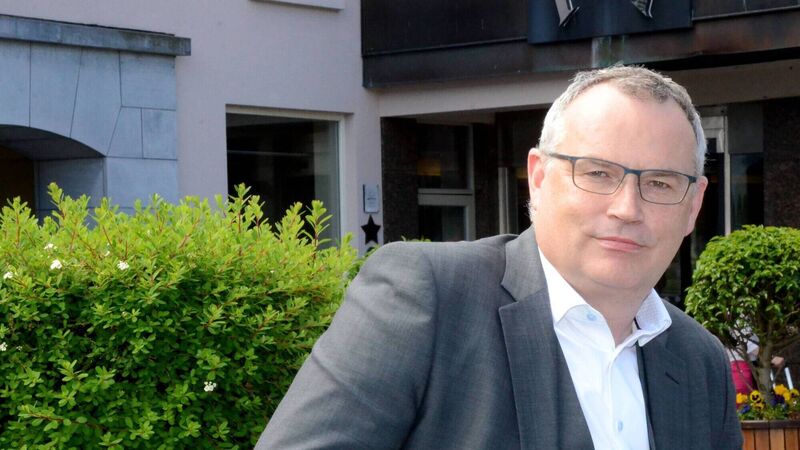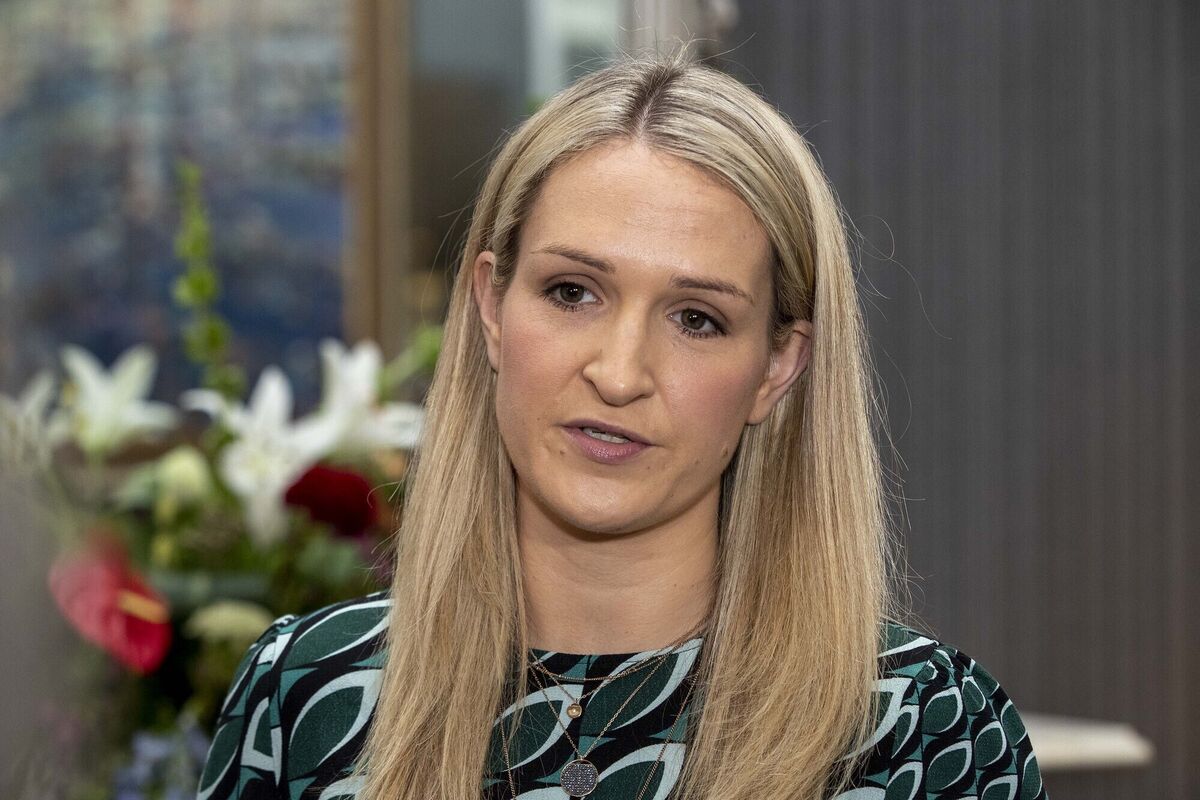Government 'burying head in the sand' on Garda issues

Calum Steele says the people of Ireland, especially those in rural areas, are not getting the police service they deserve.
Ireland has a ratio of one garda for every 370 people, whereas the average in Europe is one police officer to 320 people.
The gardaí not only lack the proper numbers for the size and population of the country, but are also less equipped than many other police forces in developed countries.
The result, according to the man in charge of the biggest police representative association in the world, is that the people of Ireland, especially those in rural areas, are not getting the service they deserve.
Calum Steele’s CV is impressive. He has expert knowledge of how Ireland’s policing resources compare to many other countries.
He is general secretary of the International Council of Police Representative Associations (ICORA). It has 2m members worldwide. They are mainly drawn from police forces in Canada, the USA, Britain, Australia, New Zealand, South Africa, and several former Portuguese colonies.
Mr Steele is also the general secretary of the Scottish Police Federation and president of the European Confederation of Police (Eu-roCOP). Founded in 2002 with its headquarters in Luxembourg, it is the umbrella organisation for police unions and staff organisations in Europe.
He is also an avid watcher of what’s going with Irish policing. For the last 16 years his position in the other influential associations has seen him invited to many annual conferences organised by the Garda Representative Association (GRA), for frontline members of the force, and the Association of Garda Sergeants and Inspectors (AGSI), representing Garda middle management.
He has regularly heard them say they need more personnel and better equipment and seen similar calls addressed in other countries, but not properly here.
One of the reasons he believes this is the case is because senior Garda management and the Government are not engaging properly with Ireland’s policing associations and the issues their members face on a daily basis.
At last month's GRA conference in Co Mayo, delegates called for a major roll-out of tasers and other essential equipment to frontline gardaí, which Mr Steele says “shows Ireland has a long way to go” to provide its frontline law-enforcers with the 21st century tools they need to do the job.
Tasers have been standard equipment for police forces in most developed countries for years.
Mr Steele said decisions were made in Scotland around 15 years ago about upgrading police uniforms and equipment. They also introduced rigid handcuffs rather than those with chain links still used here.
Scottish police have had body cameras for quite some time. The Irish Government, as outlined by Justice Minister Helen McEntee at the GRA conference, is only now looking at legislation to provide gardaí with them.

Mr Steele argues that gardaí should be equipped with tasers for a number of reasons.
He said without tasers an offender could end up being “bludgeoned into submission”, which gives a negative impression of an aggressive police force to the public at large.
“Having a red dot [taser aimer] pointed at you is a very sobering thing. The risk to the individual [offender] and the police is bigger without them,” Mr Steele said.
This was echoed by GRA members who said tasers represent a safe medium-force way of resolving an issue. They said batoning somebody does not look good and if that person still resists the next step up the ladder is having to bring in armed support units to point loaded guns at them, with potential fatal outcomes.
Mr Steele maintains that when it comes to industrial relations between Government/senior Garda management and their frontline police “Ireland is a long way from perfect".
“Most EU countries would score a seven or eight [on this] but with Ireland in my opinion it would be a five,” he said.
"Being kept at arm’s length by the Government and [Garda management] should be a warning beacon to the people of Ireland" because the powers-that-be “are burying their heads in the sand as to what’s going on on the ground.
"It’s astonishing in the 21st century that [compared to other countries] the Garda Representative Association etc [Association of Garda Sergeants and Inspectors] are kept at arm’s length by Garda management in terms of industrial relations,” Mr Steele said.
He also maintains gardaí are not operating the best shift patterns, which should be two early shifts, followed by two late shifts, then two night shifts and four days off, as other more progressive countries have introduced.
"As a result you won’t attract or keep the right people and you create a level of churn which makes an organisation less effective and more expensive to fix in the long term,” Mr Steele said.









